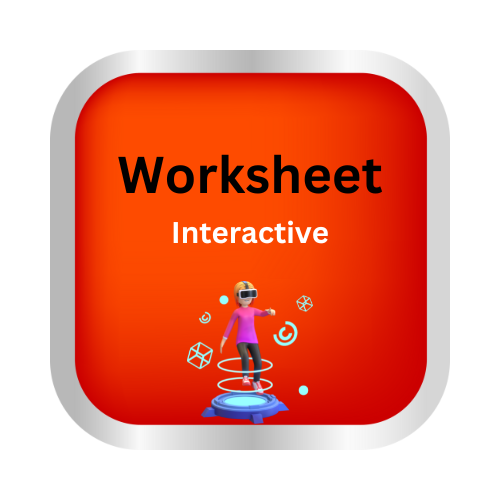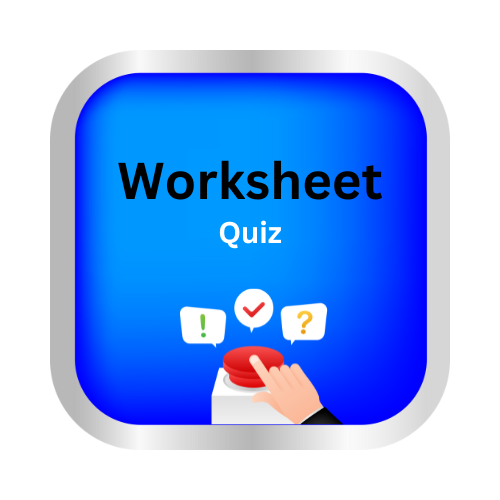Is the sentence in the past, present or future tense?
Key Notes :
📝 Past, Present, and Future Tense
| What is Tense? |
Tense tells us when an action happens. 🕒
- Past Tense – something that already happened ⏳
- Present Tense – something that is happening now 🌞
- Future Tense – something that will happen later 🚀
| Past Tense ⏳ |
Definition: Shows an action that has already happened.
Signal words: yesterday, last week, ago, in 2020
Examples:
- I played football yesterday. ⚽
- She watched a movie last night. 🎬
💡 Tip: Many past tense verbs end in -ed, but some are irregular (e.g., go → went, eat → ate).
| Present Tense 🌞 |
Definition: Shows an action that is happening now or happens regularly.
Signal words: now, every day, always, often
Examples:
- I eat breakfast at 7 a.m. 🍽️
- She is reading a book now. 📖
💡 Tip:
- Simple present: for habits and facts → “I play.”
- Present continuous: for actions happening now → “I am playing.”
| Future Tense 🚀 |
Definition: Shows an action that will happen later.
Signal words: tomorrow, next week, soon, in the future
Examples:
- I will go to the park tomorrow. 🌳
- They are going to watch a movie next week. 🎥
💡 Tip: Future tense often uses will or going to.
| Quick Check: How to Identify Tense 🕵️♂️ |
| Tense | Signal Words | Example Sentence |
|---|---|---|
| Past ⏳ | yesterday, last week, ago | I played cricket yesterday. ⚾ |
| Present 🌞 | now, always, every day | She reads a book every day. 📖 |
| Future 🚀 | tomorrow, next week, soon | We will visit the zoo tomorrow. 🦁 |
| Fun Tips to Remember 🎨 |
- Past: Think 🕰️ “It’s gone!”
- Present: Think 🌼 “It’s happening now!”
- Future: Think ✨ “It’s coming soon!”

